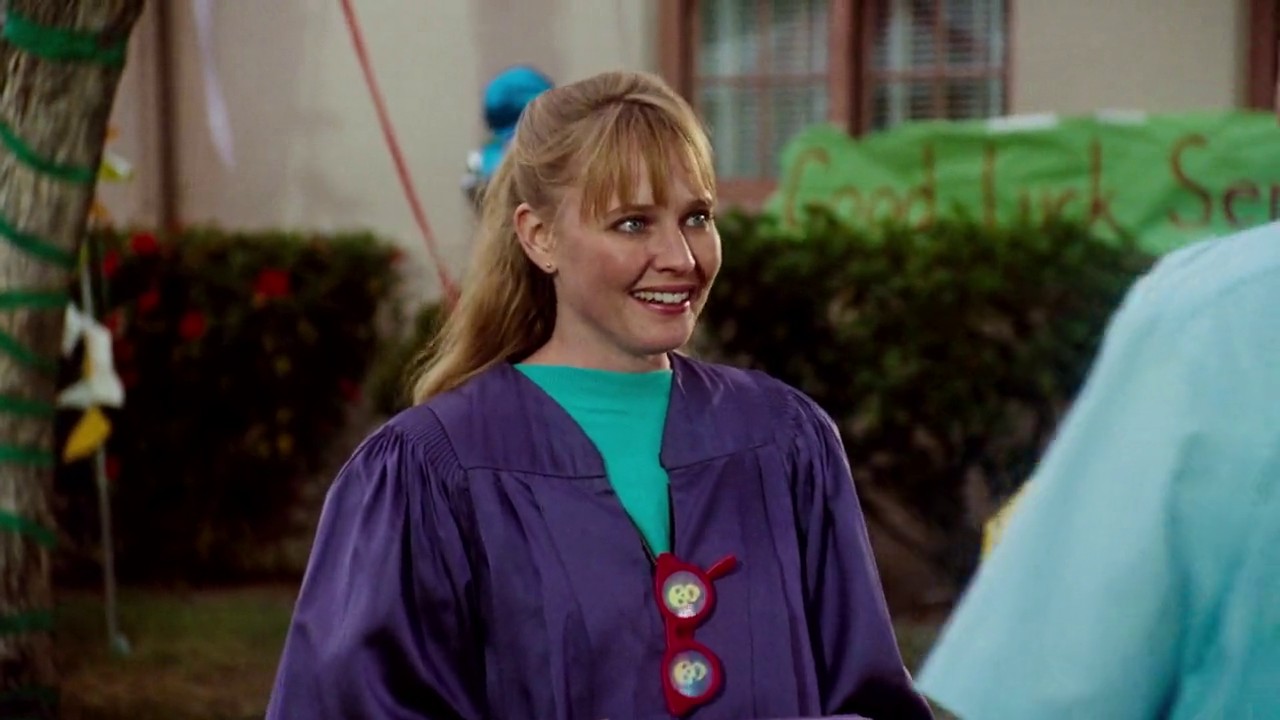War veterans can unfortunately suffer from some pretty heavy
stuff. War in general causes problems for almost everybody all the time. It's
not a nice activity to par-take in. Soldiers go off to fight; some come back
while others never return. It's a sad truth, but that's sometimes the normality
of it all. When marines go off to battle, most return with some kind of post
traumatic stress (PTS) that changes the way they behave. This ranges from
person to person and the intensity can vary too. But for those who lose their
loved ones at war, nobody enjoys receiving a box with their offspring's name
plate in it. On the other hand it's even more of a shock to the system when
that individual returns from combat. After long periods of waiting, family members
can get worried. The relief of knowing and being able to see somebody again
after an extended time is overwhelming. But what is it like when someone is
realized to be living when originally confirmed dead? This causes a whole new
scenario.
| Sam Waterston & Thomas Wilson Brown |
Kris Kristofferson is Jake Robbins, a Vietnam war vet who
was supposedly killed on duty in 1970. When in reality, he was being taken care
of by some natives. Seventeen years later he wakes up to discover he's back in
the states and missing his family. He's then accompanied by Col. Barnes (Trey
Wilson) who informs him that he cannot return back to Vietnam to see his kids
for word getting out that there might be some survivors left behind. Frustrated
with the options he's given, he returns home to get some closure with his dad
(Brian Keith). He also visits his now moved-on wife Sarah (JoBeth Williams),
his son Tyler (Thomas Wilson Brown) and step-father Woody (Sam Waterston). With
a screenplay by Maggie Kleinman, who would only write for one more movie being
Desperate Choices: To Save My Child (1992), the script is all right for a basic
story. It does have some unanswered questions and plot threads, but overall
it's solid for a premise. This makes it watchable, but on a predictable level.
What doesn't make sense in Kleinman's script are some
unresolved plot components. The most noticeable lack of clarity is when it
comes to Jake's return. Who picked up Jake from Vietnam? Did he make it back
himself? The scene before he woke up in the states was being taken to a hospital
in Thailand. Where was the transition? Another problem arises with some
character's unresolved actions. An act or two are committed that seem like a
reconciliation would be in good order. However that never happens either and
it's kind of a big deal. One should not be able to walk away feeling fine with
themselves. Aside from these two concerns, the final point to be made is that
the structure of the story is very predictable. From start to finish the
long-term experience doesn't bring up many new twists or surprises along the
way. The plot is quite linear in a very practical sense. There isn't much to it
other than how certain characters cope with Jake's return. And the end result
is none too shocking.
Yet that doesn't mean watching this movie is boring. All
members involved that were listed act the way one would expect. The characters
are very relatable in the situations they encounter as well as their reactions.
Watching Kristofferson play Jake and seeing him make mistakes along the way is
the right kind of development. For anyone who's been claimed as long gone and
returns, the feeling is confusing. You
want to return, but it's hard to say whether that might open up old wounds or
not. Topics like these are mixed bags when it comes to feelings and it's a
risky gamble. Sarah, Woody and Tyler's revelations when they find out of who
Jake is just as sympathetic. One of the best scenes though was when Jake's
father finally sees him again. It's a gratifying experience. The human drama
and emotions are clear. Brian Keith also gives some great insight to Jake after
he contemplates how he's a deserter. That's blown right out of the water after
his dad talks.
| "Welcome home,...old boy..." |
Directing this feature for the final time was Franklin J.
Schaffner. With what has been presented on screen as much as the script
struggled to clear up some things, Schaffner's direction was mighty helpful.
Without him, the story would not have been as engaging. Schaffner had also
directed The Boys from Brazil (1978), Patton (1970) and Planet of the Apes
(1968). For visuals, Fred J. Koenekamp handled the camera. Since this was a film
with a much smaller budget, whatever was captured was the greater part real.
There aren't too many distinct shots but the scenery captured is pretty. Much
of the background contains suburban town roads, to back country lake houses.
Koenekamp also worked on The Hunter (1980) and The Swarm (1978). Lastly, famous
composer Henry Mancini produced the film score. Another great aspect to this
feature was that Mancini created a reoccurring main theme. Even Kristofferson's
good buddy Willie Nelson made a song for the film. This is memorable, it's just
sad that the soundtrack wasn't released.
Points Earned --> 6:10

